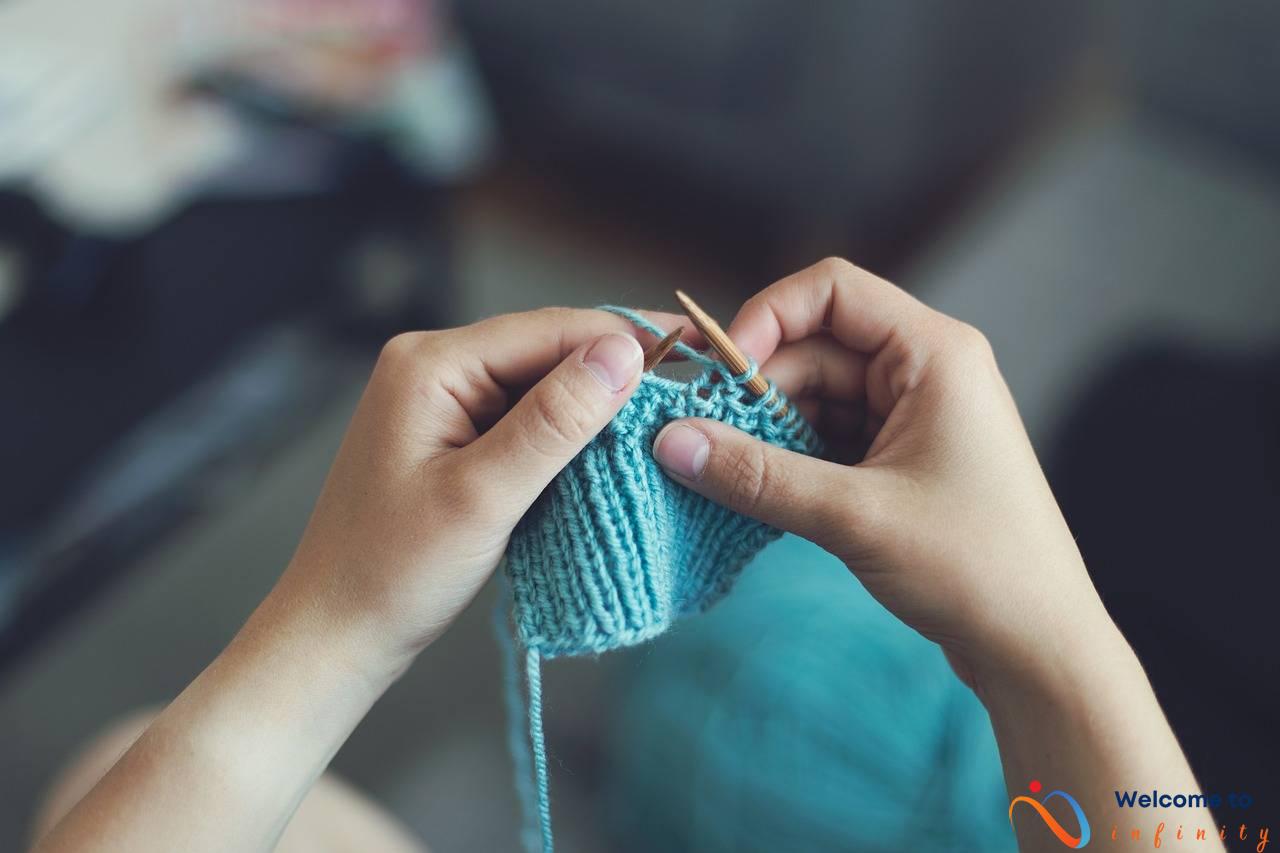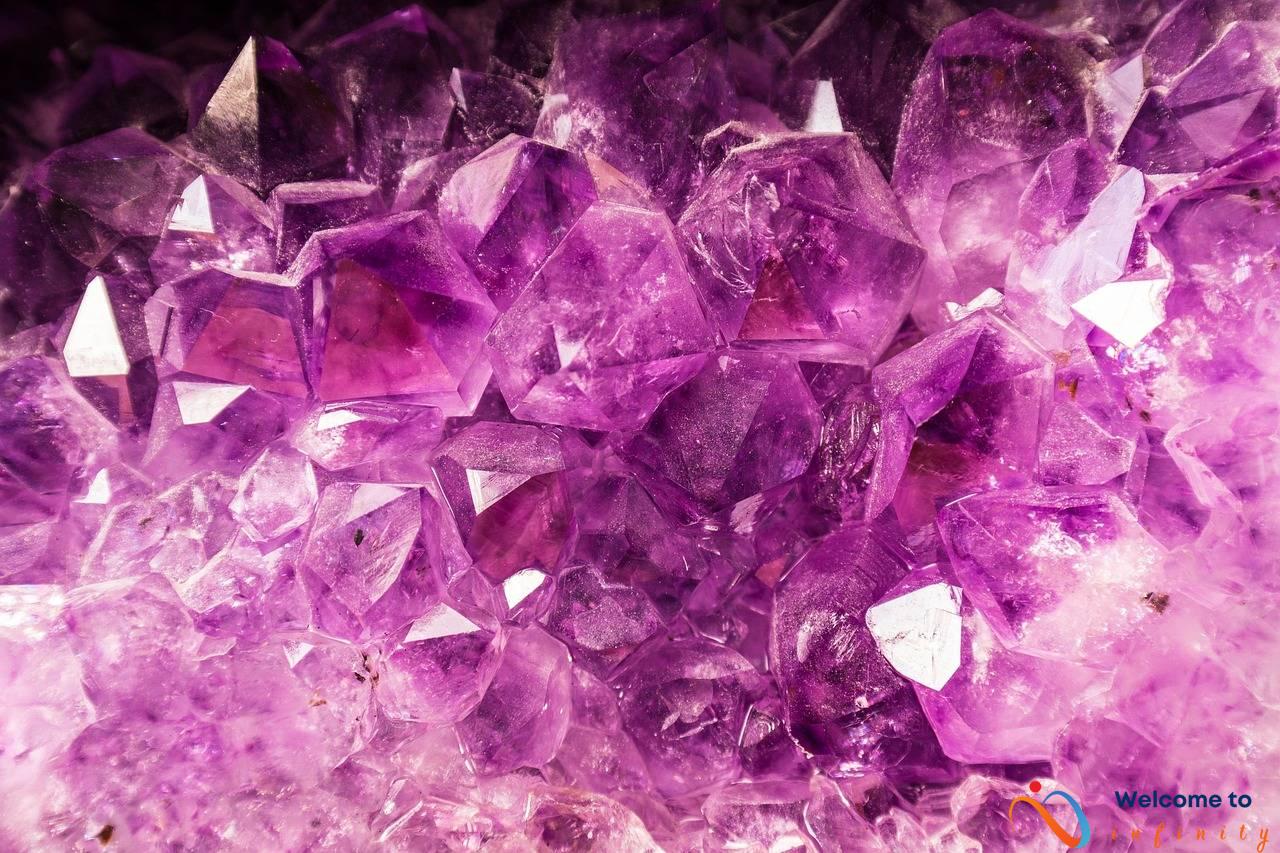If you've ever wondered why some people seem to have naturally glowing skin, the answer is simple: consistent daily habits and practices. Achieving healthy, radiant skin requires diligence and care, but the results are worth it. Follow these ten daily skincare habits for a clear and glowing complexion.
- Cleanse Twice Daily: Washing your face twice a day with a gentle cleanser removes dirt, oil, and makeup and helps prevent breakouts and blemishes.
- Apply Sunscreen: Protect your skin from the damaging effects of UV rays by applying broad-spectrum sunscreen daily, even if you're indoors or it's cloudy outside.
- Hydrate Your Skin: Drink plenty of water and use a moisturizer to keep your skin hydrated and plump. Moisturizing your skin regularly can help prevent signs of aging, such as fine lines and wrinkles.
- Eat a Balanced Diet: Incorporating plenty of fruits, vegetables, and healthy fats into your diet can nourish your skin from the inside out. Nutrients like vitamins A, C, and E, as well as omega-3 fatty acids, can help improve your skin's health and appearance.
Additionally, there are other daily habits that you can adopt to keep your skin looking and feeling great. Avoid touching your face to prevent the spread of bacteria that can cause breakouts. Exfoliate once or twice a week to remove dead skin cells and reveal brighter, smoother skin. Aim for 7-9 hours of sleep each night to allow your skin time to repair and regenerate. Reduce stress with relaxation techniques like meditation or yoga to prevent stress-induced breakouts. And finally, avoid smoking as it can cause premature aging, wrinkles, and dullness in the skin.
If you have persistent skin issues, it's always a good idea to consult a dermatologist for personalized skincare advice and treatment options. Remember, achieving healthy, glowing skin requires consistent care and attention, but with these daily habits, you'll be well on your way to a clear and radiant complexion.
Cleanse Twice Daily
One of the most important daily habits for healthy, glowing skin is to cleanse your face twice a day. Washing your face with a gentle cleanser helps to remove makeup, oil, dirt, and other impurities that can clog your pores and lead to breakouts. It's important to choose a cleanser that's suitable for your skin type, whether it's dry, oily, combination, or sensitive.
To cleanse your face effectively, wet your skin with warm water and apply a dime-sized amount of cleanser to your fingertips. Gently massage the cleanser into your skin using circular motions, avoiding the eye area. Rinse your face thoroughly with warm water and pat it dry with a soft towel. It's important not to rub your skin, as this can cause irritation.
If you wear makeup, it's especially important to cleanse your skin thoroughly before bedtime, as leaving makeup on overnight can clog your pores and lead to breakouts. You can also use a makeup remover to help remove stubborn eye makeup or lipstick. By cleansing your skin twice a day, you'll help keep it clear and radiant.
Apply Sunscreen
One of the most important steps in any skincare routine is protecting your skin from harmful UV rays. Applying broad-spectrum sunscreen daily is crucial in preventing damage and promoting healthy skin. When choosing a sunscreen, look for one with an SPF of at least 30 and that protects against both UVA and UVB rays.
It's important to apply sunscreen generously and often, especially when spending prolonged periods of time in the sun. Consider using a facial sunscreen specifically formulated for the delicate skin on your face. If you have oily or acne-prone skin, look for a non-comedogenic formula that won't clog pores.
- Apply sunscreen at least 15 minutes before sun exposure.
- Reapply every two hours or immediately after swimming or sweating.
- Use sunscreen even on cloudy days, as UV rays can penetrate through clouds.
- Don't forget to protect other areas of your skin, such as your neck, chest, and hands.
Remember, protecting your skin from the sun not only prevents damage and aging, but also reduces your risk of skin cancer. Make applying broad-spectrum sunscreen a daily habit for healthy, glowing skin!
Hydrate Your Skin
Hydrating your skin is crucial to achieve a healthy and radiant complexion. Proper hydration prevents dryness, flakiness, and premature aging. Your skin needs water to function properly, so make sure to drink plenty of water throughout the day. The recommended daily water intake is at least eight glasses or 2 liters.
Another way to keep your skin hydrated is by using a moisturizer. Moisturizers form a barrier on your skin, which helps to lock in moisture and prevent water loss. Look for moisturizers that contain humectants, such as glycerin and hyaluronic acid, which attract water to the skin. Apply moisturizer right after washing your face and before applying sunscreen in the morning and before going to bed at night.
In addition to drinking water and using a moisturizer, incorporating foods that are high in water content, such as cucumber, watermelon, and strawberries, can also help with hydration. Eating a balanced diet with plenty of fruits and vegetables can provide your skin with the essential nutrients it needs to stay healthy and hydrated.
To keep track of your daily water intake, you can create a hydration tracker using a table or a list. Make a note of how much water you drink throughout the day, and challenge yourself to drink more water daily. Remember, hydrated skin is healthy skin!
Eat a Balanced Diet
A balanced diet is essential for maintaining healthy, glowing skin. Incorporating plenty of fruits, vegetables, and healthy fats into your daily meals can provide your skin with the nutrients it needs to stay nourished and radiant.
- Fruits and vegetables: These are packed with vitamins, minerals, and antioxidants that help protect and repair the skin. Aim to eat a variety of colorful fruits and vegetables every day, such as berries, leafy greens, sweet potatoes, and red peppers.
- Healthy Fats: Incorporating healthy fats into your diet, such as those found in nuts, seeds, avocado, and fatty fish, can provide your skin with essential fatty acids that help moisturize and strengthen the skin's barrier.
In addition to these skin-friendly foods, it's important to limit your intake of processed and sugary foods, which can contribute to inflammation and breakouts. Drinking plenty of water throughout the day can also help keep your skin hydrated from the inside out.
Overall, a balanced and nutritious diet can provide your skin with the foundation it needs to achieve a healthy, glowing complexion.
Don't Touch Your Face
The skin on our face is delicate and can easily be damaged by bacteria and dirt. Regularly touching your face can transfer these harmful substances from your hands to your face, leading to breakouts and acne. Therefore, it is important to avoid touching your face as much as possible.
One way to break the habit of touching your face is to be mindful of your actions. If you feel the need to rest your chin on your hand or touch your face, try to stop yourself. You can also keep your hands busy by fidgeting with a stress ball or pen.
Another way to prevent touching your face is to keep it clean. Wash your hands regularly with soap and water and avoid touching objects that may be contaminated with bacteria, like doorknobs and cell phones. You can also use a gentle cleanser to remove dirt and oil from your face and reduce the urge to touch it.
In addition to preventing breakouts, avoiding touching your face can also help reduce the spread of germs and viruses. This is especially important during cold and flu season, when germs are easily spread through contact.
In summary, avoiding touching your face is an important daily skincare habit to prevent breakouts and maintain healthy, glowing skin. Practice mindfulness, keep your hands clean, and use a gentle cleanser to reduce the urge to touch your face. Your skin will thank you for it!
Exfoliate weekly
Exfoliating is an essential step in any skincare routine. It involves removing dead skin cells from the surface of the skin, allowing skincare products to penetrate deeper and reveal a brighter, smoother complexion. However, it is important not to overdo it – exfoliating too frequently or with harsh scrubs can damage the skin's natural barrier.
There are two types of exfoliation – physical and chemical. Physical exfoliation involves using scrubs or brushes to manually remove dead skin cells, while chemical exfoliation involves using acids or enzymes to dissolve the bonds between dead skin cells. Choose whichever method works best for your skin type and concerns.
When exfoliating, focus on areas that tend to accumulate dead skin cells, such as the T-zone, and be gentle on delicate areas like the eye area and lips. After exfoliating, apply a gentle moisturizer to soothe and hydrate the skin.
- Choose an exfoliator that suits your skin type – oily or acne-prone skin may benefit from stronger chemical exfoliators, while sensitive skin should opt for more gentle physical exfoliators.
- Never exfoliate sunburned or irritated skin – this can cause further inflammation and damage.
- Consider using a cleansing brush to enhance the exfoliation process.
- Don't forget to exfoliate your body too – regular body exfoliation can prevent ingrown hairs and achieve smoother, brighter skin.
Overall, exfoliation is an important step in maintaining healthy, glowing skin. Incorporate it into your weekly routine to see noticeable improvements in your complexion.
Get Enough Sleep
One of the best things you can do for your skin is to get enough sleep. During the night, your skin repairs and regenerates itself, resulting in healthy and glowing skin. Aim for 7-9 hours of sleep each night to give your skin enough time to complete this process.
Lack of sleep can lead to a dull complexion, dark circles under the eyes, and an increase in aging signs. It can also contribute to the development of acne and other skin issues. So, it's crucial to prioritize your sleep schedule if you want to maintain healthy skin.
If you have trouble sleeping, try to establish a nighttime routine, such as taking a warm bath or reading a book before bed, as this will signal to your body that it's time to relax and wind down.
Additionally, it's essential to create a sleep-conducive environment by keeping your bedroom quiet, dark, and cool. Turn off electronics and avoid caffeine before bed to help promote a good night's rest.
By making sleep a top priority, you can support the health and vitality of your skin, leaving you with a radiant and youthful glow.
Reduce Stress
Stress can wreak havoc on your skin, causing breakouts, wrinkles, and a dull complexion. To prevent stress-induced breakouts, it's important to reduce stress levels. Relaxation techniques like meditation, yoga, and deep breathing can help you feel calm and centered.
Meditation involves focusing your attention on the present moment, letting go of distractions and negative thoughts. Yoga combines physical postures with breathing exercises to promote relaxation and flexibility. Both meditation and yoga have been shown to reduce stress levels and improve overall well-being.
In addition to these practices, getting regular exercise and spending time in nature can also reduce stress levels. Exercise releases feel-good endorphins that can help alleviate stress, while spending time in nature has a calming effect on the mind and body.
Remember that reducing stress is not just good for your skin, but for your overall health and well-being. By incorporating relaxation techniques and self-care practices into your daily routine, you can achieve a healthy glow both inside and out.
Avoid Smoking
Smoking is not only harmful to your health but also takes a toll on your skin. Nicotine reduces blood flow and damages collagen and elastin fibers in the skin, leading to premature aging. The chemicals in cigarettes also dull the skin and cause wrinkles and fine lines to appear.
If you want radiant skin, it's important to quit smoking. Not only will it prevent further damage to your skin, but it will also improve your overall health. If you're struggling to quit, consider reaching out to a support group or speaking with your healthcare provider for helpful resources.
- Replace smoking with healthy habits like exercise or outdoor activities to improve circulation and reduce stress.
- Use skincare products that contain antioxidants like Vitamin C to help repair and protect your skin.
- Avoid exposure to secondhand smoke as it can also damage your skin and contribute to aging.
By quitting smoking and adopting a healthy lifestyle, you can achieve radiant, youthful skin. So go ahead, take the first step towards healthier skin today!
Consult a Dermatologist
If you're struggling with persistent skin issues like acne, rosacea, or eczema, it may be time to consult a dermatologist. While daily skincare habits can certainly prevent or improve mild skin issues, more severe or persistent cases may require professional treatment and personalized advice.
A dermatologist can evaluate your skin's specific needs and develop a treatment plan tailored to your individual concerns. This may involve prescription medications, topical treatments, or in-office procedures like chemical peels or laser therapy.
Additionally, a dermatologist can offer advice on maintaining overall skin health and preventing future issues. They can recommend specific skincare products or ingredients that will be most effective for your skin type and concerns.
Keep in mind that consulting a dermatologist doesn't mean you've failed or that your skincare routine is inadequate. It simply means you're taking proactive steps to improve your skin's health and address any persistent issues that may be impacting your confidence and well-being.
Finally, remember that skincare is not a one-size-fits-all approach. What works for one person's skin may not necessarily be effective for another's. By consulting a dermatologist, you can ensure that you are following a tailored, effective skincare routine that works for your unique skin type and concerns.












